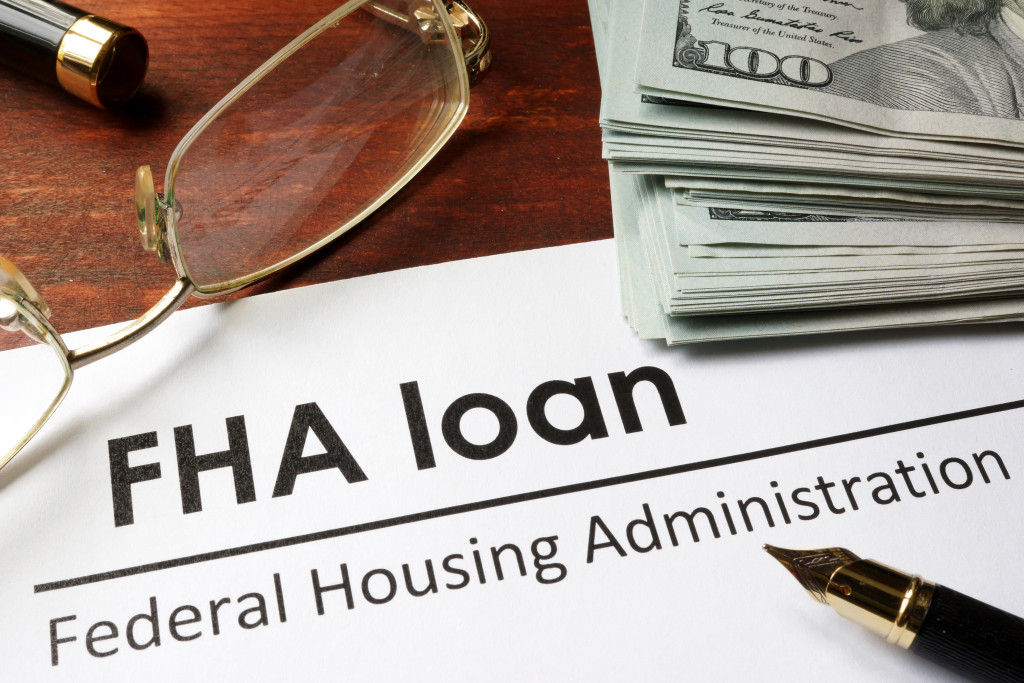Buying a home is one of the most challenging lifetime goals, especially when home prices are even higher. Thankfully, there are government programs that can help you achieve your goal. These government programs can help you save or borrow enough money to make your first-time purchase. It even works for those that are in the low-income bracket.
Let’s start with an individual savings account that’s tax-free.
Lifetime Individual Savings Account (LISA)
One of the first suggestions that people would suggest is a Lifetime Individual Savings Account (LISA). This is one of the best independent ways low-income homebuyers can purchase a home.
A LISA is a government program found in various countries. In the U.S., there are two predominant LISAs. The first is the Individual Retirement Account (IRA) the second is 401(k), a plan. IRA is more concentrated on the money you put into the account. Any money within your IRA is tax-free, and it grows tax-free as well, making it a viable option for those struggling to get cash. However, withdrawals and investments can be pretty complicated, depending on age.
A traditional IRA limits the amount you put into your account. For those aged 50 years and below, you can only put up to $6,000. Once you go above that age limit, you can contribute as high as $7,000 into your IRA. However, you can only start withdrawing from the account once you’ve reached 59 years old. This is great for those who want to purchase a home late in their lives.
A 401(k) is a mandated savings plan by the government towards employers. Essentially, you give your employer contributions and put them into your 401(k) plan. Once again, this is a tax-free account, which means that your money will grow without tax deductions. Having both of these accounts can be beneficial and can help you purchase a house with cash.
Federal Housing Association Loan (FHA)

If you want to purchase a home as early as now but don’t have income for it, the government got you covered. The Federal Housing Association (FHA) Loan is one way to get a home loan for a low-interest rate and low downpayment. However, this depends significantly on your credit score, but since this kind of loan is insured, even those with low credit scores can have access to this loan.
The FHA loan is by visiting government-approved lenders. They are the ones that’ll look into your account and see what kind of plan fits your credit score. If you have an average credit score, you can access advantageous loans with a minimal downpayment. However, the lower your credit score, the higher your downpayment. For example, those with a credit score between 500 and 579 have to pay 10% of the home price as a downpayment. While those that have a credit score above that limit only have to pay 3.5% of the home price as a downpayment.
If you have a low credit score and are struggling to pay for the downpayment, you can choose to get a government grant to cover the downpayment. They accept all kinds of grants and donations from non-profits, making this an attractive option for those struggling.
Homeownership Vouchers
The Housing Choice Voucher (HCV) is a program primarily meant for low-income families to get the necessary help they need for shelter. Unlike the loan indicated above, moderate-income families can’t apply for this and require proof of income before application. If you don’t fall into the low-income bracket in your state, then you can’t apply for HCV.
Essentially, the HCV can provide you with a home in subsidized housing projects. They are given by the local government once you’ve applied for it, and it’s up to you to find a home that’s suitable for your family, given that it’s under the program. Furthermore, your HCV can provide you with monthly assistance from the government to help with your expenses. This can include home repair, energy bills, and more. The assistance you get depends on your income. The lower your income, the more government assistance you can get.
Home Loans For Veterans
Lastly, we have home loans provided by the Department of Veteran Affairs (VA). This is one of the most attractive home loans that exist in the country but is limited to those who have served and are still serving the country. You can find the intricate details of servitude and whether you can apply for this home loan here.
Home loans for veterans practically come with zero interest and zero downpayments, making it an attractive option. There is a cap for how much you can borrow, and once again, they will refer to your credit score for this. The better your credit score, the higher the amount you can borrow, capping at $900,000 for a home.
These are essential government programs that’ll help you save or borrow enough money to purchase a home. It’s smart to exhaust your options when you can, and if you’re suitable for one of these programs, you should apply for them immediately, as they are better than other privatized options out there.

